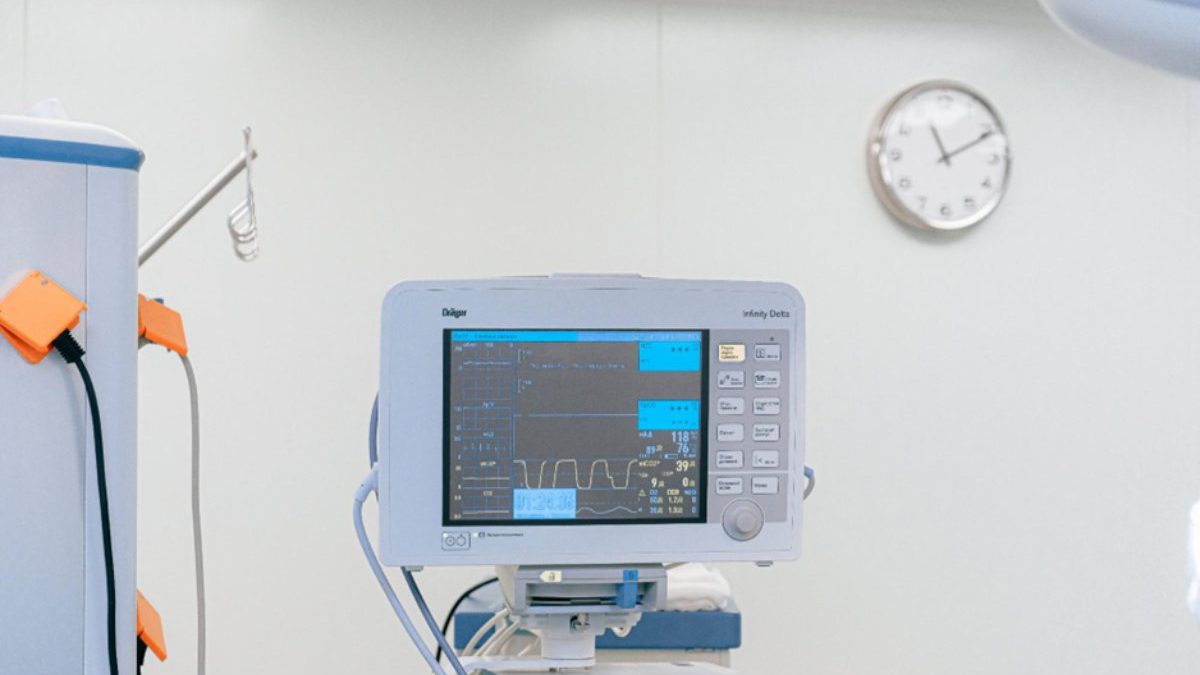Artificial intelligence (AI) is making waves across various industries, and healthcare is no exception. As this innovative technology continues to advance, it has the potential to revolutionize patient care — increasing efficiency, improving accuracy, and lowering costs. But what does this look like in practical terms, and what challenges might we face along the way? This article sets out to explore AI’s transformative potential in healthcare and its implications for both providers and patients.
Table of Contents
Optimizing Workflows and Reducing Healthcare Costs
AI has the potential to optimize workflows and reduce costs in the healthcare industry. By automating mundane administrative tasks such as patient scheduling, processing billing information, and managing electronic medical records, AI can free up time for healthcare providers to focus on patient care. Furthermore, it’s crucial for healthcare providers to choose suitable electronic health record systems to ensure seamless data management and security. Learning about the types of electronic health record systems can help them make the right decision. AI can also reduce operational costs by identifying inefficiencies, preventing errors, and minimizing waste – ultimately leading to a more efficient and cost-effective healthcare system.
Empowering Patient Decision-Making
AI can help patients make more informed decisions about their healthcare. Using patient-generated data from wearables and digital health apps, AI algorithms can provide personalized insights into an individual’s health, lifestyle, and potential risks. Moreover, AI-powered chatbots and virtual assistants can guide patients through treatment options, allowing for more informed decision-making and improved patient engagement. In this way, AI can empower patients to take control of their health and become active participants in their care.
AI and Early Disease Detection
A major benefit of AI in healthcare is its potential for early disease detection. By analyzing vast amounts of medical data, AI can identify patterns and anomalies that may indicate the presence of a health condition. For example, machine learning algorithms can analyze patient medical records, lab results, and genetic data to predict the risk of developing specific diseases, such as certain types of cancer. This early detection can lead to more timely interventions and improve patient outcomes.
Enhancing Drug Development
Drug development is a lengthy and expensive process. AI can streamline this process by analyzing vast amounts of data – including information on existing drugs, clinical trials, and genetic data – to quickly identify potential drug candidates. This not only accelerates the development of new therapies but can also help researchers repurpose existing drugs for new indications, further expanding treatment options for patients.
Improving Medical Imaging and Diagnostics
Artificial intelligence is also poised to transform the world of medical imaging and diagnostics. Radiologists and other healthcare professionals can utilize AI to process and interpret X-rays, MRIs, and other imaging tests more quickly and accurately. This not only reduces the chance of human error but also helps identify issues that may not be apparent to the human eye. As a result, AI-assisted diagnostics can enable more accurate diagnoses and personalized treatment plans for patients.
Surgical Assistance and Robotics
Another promising application of AI in healthcare is its use in surgical assistance and robotics. AI-powered surgical robots can provide surgeons with enhanced precision and control during procedures, leading to minimally invasive surgery and faster recovery times for patients. Additionally, AI-driven decision support systems can aid in surgical planning, offering valuable insights into potential complications and optimal approaches for specific cases. These advancements have the potential to improve surgical outcomes and reduce risks associated with complex procedures.
Remote Patient Monitoring
Remote patient monitoring, made possible through AI technology, can play a critical role in providing access to healthcare, especially in rural and underserved areas. AI-driven analytics can monitor patient health data in real time, identify potential issues, and alert healthcare providers when intervention is required. This ongoing support and monitoring can enable better management of chronic conditions, reducing the need for hospital admissions and improving overall patient health.
Challenges and Considerations
While the potential benefits of AI in healthcare are promising, there are challenges and concerns to address. Data privacy and security are major concerns, as AI relies on the analysis of large amounts of potentially sensitive medical information. Additionally, there may be ethical considerations around informed consent, as well as the potential for biases in AI algorithms that could inadvertently perpetuate healthcare disparities. As the application of AI in healthcare continues to evolve, meaningful conversations about the ethical and practical implications must take place to ensure the technology’s positive impact on patient care.
Future Applications in Personalized Medicine
As the field of AI in healthcare continues to advance, the development of personalized medicine may become more attainable. By bringing together disparate data sources, such as genetic information, lifestyle factors, and medical histories, AI can uncover new insights into a patient’s unique health profile. With these insights, healthcare providers can create more tailored treatment plans, taking into account the specific needs of each individual. This personalized approach could lead to more effective treatments, improved patient outcomes, and overall better health management.
Conclusion
AI has the potential to revolutionize healthcare by improving early disease detection, streamlining diagnostics, empowering patients, enabling remote patient monitoring, and accelerating drug development. However, as the integration of AI into healthcare advances, challenges such as data privacy, security, and ethical considerations must be addressed to ensure a positive impact on patient care. As the healthcare industry navigates this groundbreaking technology, it must strike the right balance between progress and responsible innovation.


